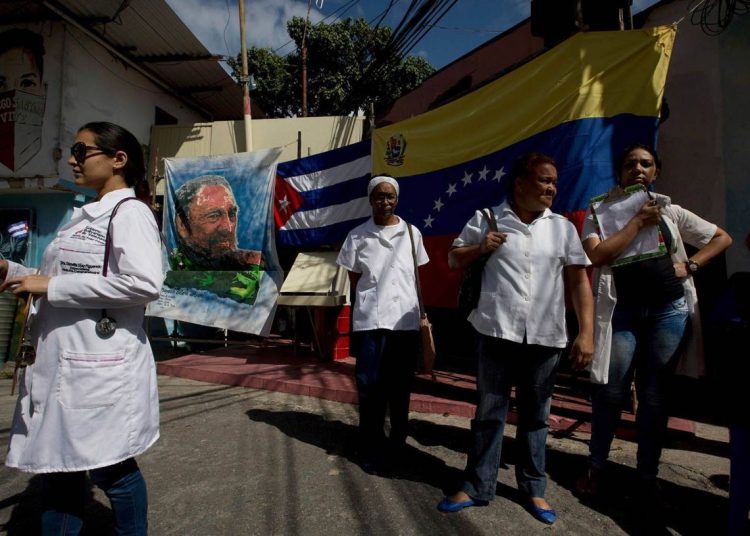Cuba has more than 100,000 active doctors, the highest figure in history that offers a proportion of nine doctors per 1,000 inhabitants, according to Cuban Minister of Public Health José Ángel Portal.
During the graduations of the island’s different Medical Sciences universities, Portal published the current figures on his Twitter account, where he highlighted them among the “best in the world” and compared them to the 3,000 doctors who remained in Cuba after the triumph of the 1959 Revolution.
The Cuban minister said that in the last six decades more than 376,000 professionals have been trained in Cuba, of which 171,362 are MDs and the rest correspond to the specialties of Stomatology, Nursing and Health Technicians.
In addition, he said that more than 35,000 foreign students from 141 countries have already graduated from these careers on the Island, mainly from Africa and Latin America.
He also noted that “no small developing country has been able to perform such a feat in terms of the formation of highly specialized human capital” and said that the health professionals trained in Cuba “fight not only for greater and better national health coverage, but also to continue taking to the world, with their helping hand, solidarity, love and life.”
Mediante la voluntad de hacer, los 3000 médicos de 1959 hoy son más de 100 mil, que luchan no solo por una mayor y mejor cobertura sanitaria nacional, sino también por seguir llevando al mundo, con su mano amiga, solidaridad, amor y vida. https://t.co/wLiXdXrmZC #CubaPorLaSalud
— José Angel Portal Miranda (@japortalmiranda) July 22, 2019
According to statistics published this Monday in the official daily Granma, at present Cuba has 101,619 active doctors, although not all currently work in the more than 12,000 existing health care facilities throughout the island, since around 29,000 health workers, many of them MDs, work today in 65 countries.
In the academic year that is concluding these days, Cuban Medical Sciences universities have graduated more than 10,000 professionals, of which more than 7,000 are Cuban and 1,535 are from other nationalities.
Public health is one of the sectors prioritized by the Cuban government, although it is not exempt from difficulties and shortcomings, which the authorities usually blame mainly on the U.S. embargo.
This sector is also one of the island’s sources of income through the sale of professional services, a program that at present is not going through its best moment due to the recent departure of Cuban collaborators from countries such as Brazil and El Salvador, and the crisis in Venezuela, where most of them are located.










